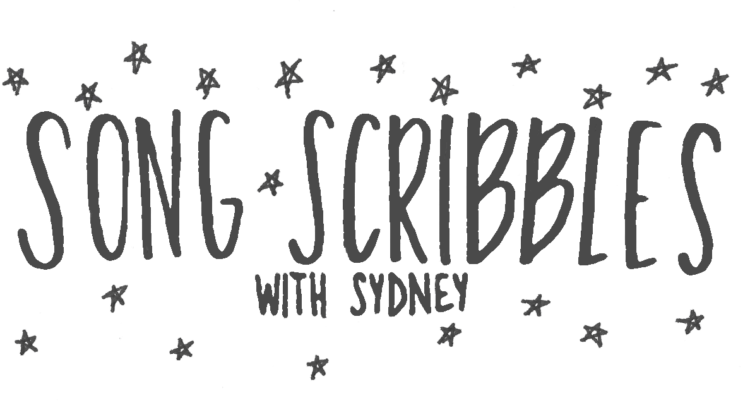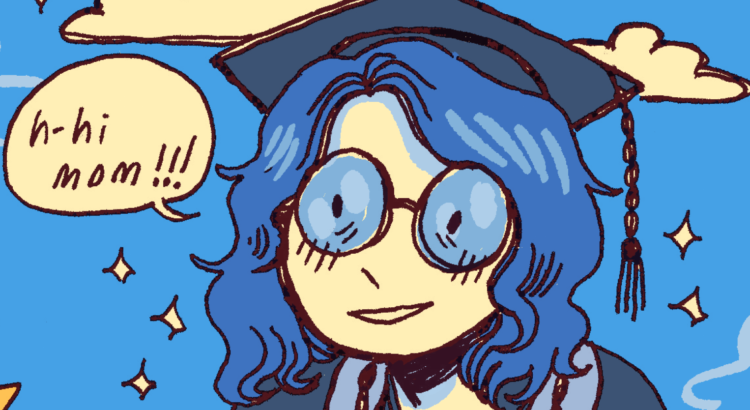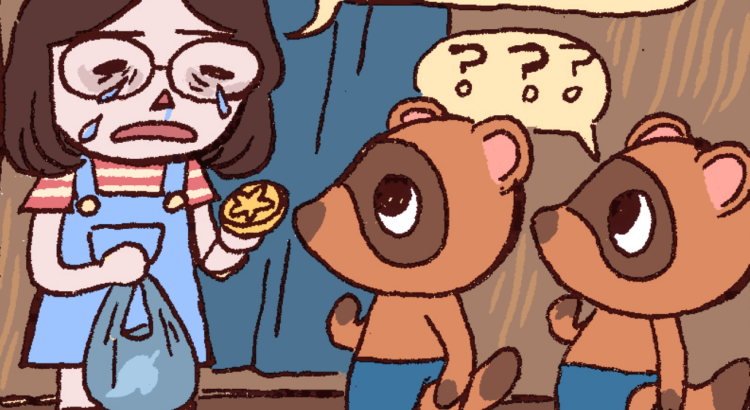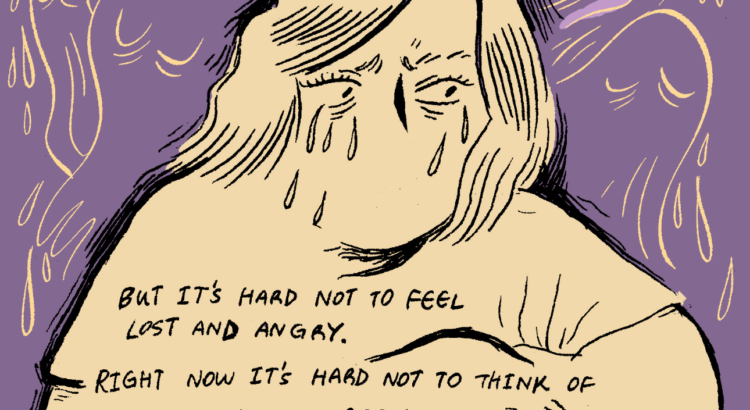On March 1st, a tweet by the New York Post stated, “First case of coronavirus confirmed in Manhattan”, followed by a link to the article. The attached picture, however, was a photo of an Asian man in Flushing, Queens. While the caption was referring to the case of a middle-aged woman who had contracted the virus while traveling in Iran, the misleading thumbnail was an example of bias in the media and the perpetuation of racist stereotypes.
In the past few weeks, social media has been flooded with myths, memes, and warnings about COVID-19. Among these antics are tweets relaying incidents of racism, narratives by victims of xenophobia, and plenty of “reputable” sources exacerbating the creation of racial or ethnic connotations. There’s not only an outbreak of the virus, but of racism.
Fear, unsurprisingly, can make people do strange things. Across the U.S., stores are selling out of items such as toilet paper and hand sanitizer. Besides shortages and a spike in delivery services, anxiety about the virus is also bringing out racist underpinnings, and the result is not pretty. Text, images, and videos on various social media outlets portray discriminatory rhetoric and behavior against certain Asian identities, specifically those of Chinese descent. Reports include “No Chinese” signs outside of businesses in other countries, incidents of harassment in public areas such as subways, and tremendous losses by local Chinese restaurants due to lack of patronage. Luckily, there’s been an insurgence of people and online comments calling out the discriminatory behavior, but the problem still stands, especially when news outlets pander to rumors and xenophobic stereotypes.
During times of crisis like the current COVID-19 epidemic, it’s easy for fear to play into “legitimizing” discrimination against “outsiders” perceived as potential threats. While looking out for one’s own families, communities, and nation can be a good thing, what’s not a good thing is the exclusion or detriment of others. Relying on a sense of white nationalism won’t fix a global crisis, nor the spread of COVID-19 in our own country. By referring to the epidemic as a disease brought by dangerous foreigners, we create a metaphor for invasion; yet, however much we label the virus as an external menace, the truth is that it’s now within our own borders.
As the outbreaks continue to spread, so do panic, politics, and tension. While examining the details regarding the first COVID-19 diagnoses in Wuhan, China, it’s important to separate the facts from personal biases. This isn’t an argument on the origin of the virus, but rather an acceptance of the danger that comes with attaching certain identities to the virus. Racial undertones both demonize and detract the biological facts of the virus. By being sensationalist, the media is perpetuating a false image of the virus, thus causing people to be misinformed and antagonistic towards each other.
As someone who is immunocompromised and struggles to battle even simple colds or infections, I understand your fear of the virus and the unknown; however, as an Asian-American—or simply someone with a sense of humanity—I urge you to be aware and refrain from channeling fear into racism. The enemy is a virus, not the Asians that are being used as scapegoats. Rather than letting your fears and other emotions get the best of you, try your best to gather evolving information about the virus from a credible source. And, as always, wash your hands.










